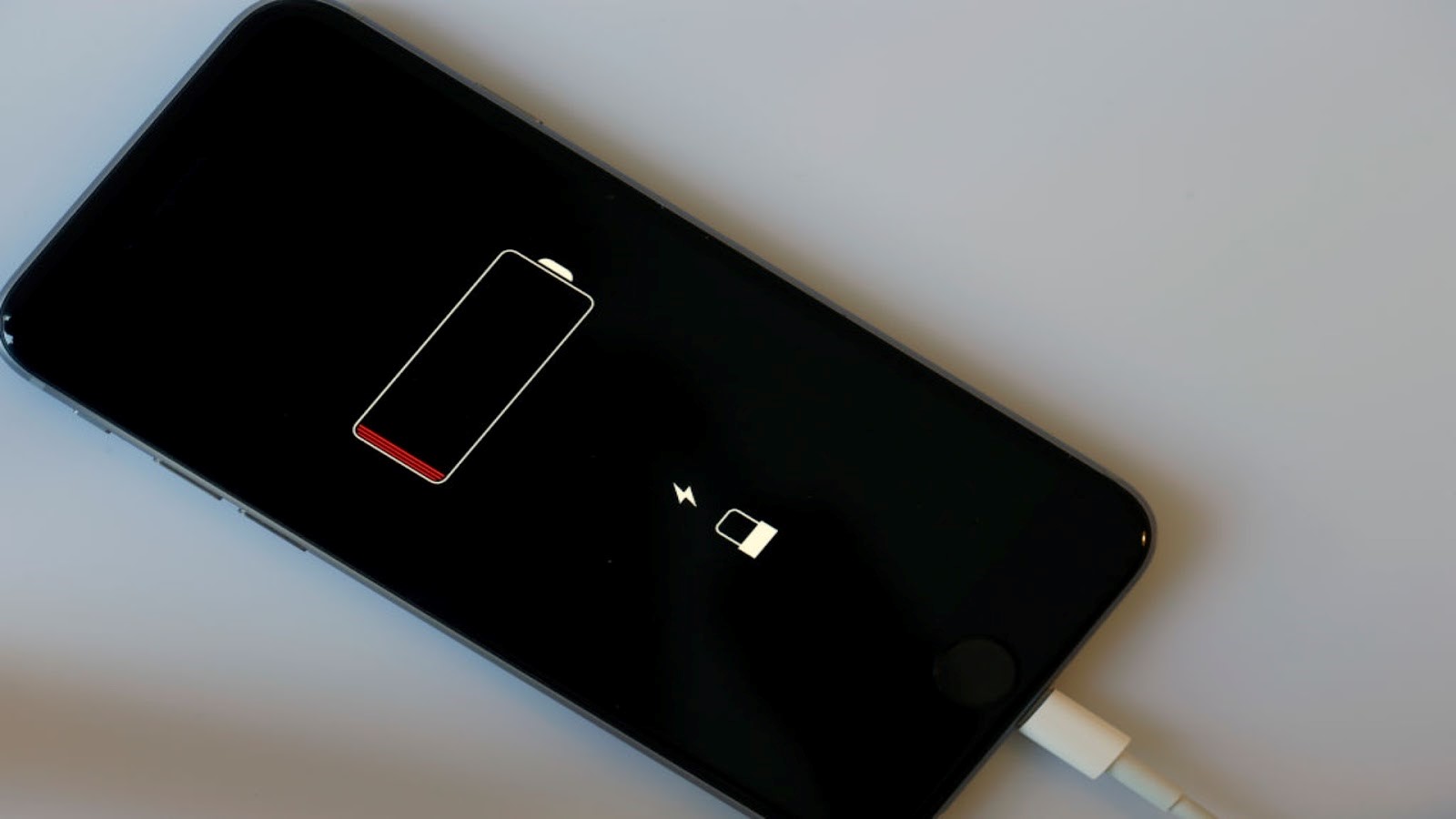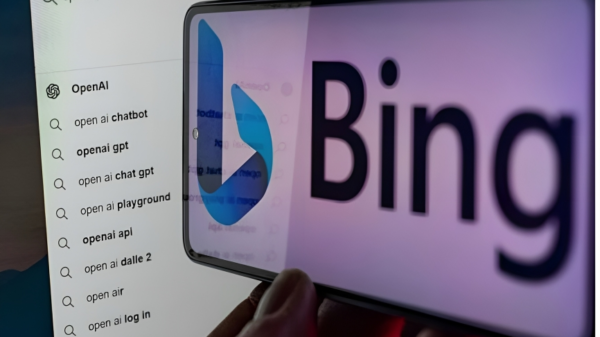Now known as “batterygate,” a major class-action lawsuit was recently approved against the giant multi-media tech company Apple. The lawsuit claims that Apple deliberately deteriorated the performance of older iPhones through software updates, which they told users were meant to improve the phones’ battery life, and the court agreed.
It all began in 2017 when some iPhone users came forward, stating that Apple was diminishing their phones’PUs with software updates. iPhone customers claimed that Apple’s illegal and inconsiderate software updates were in place to ensure customers were forced to upgrade and purchase newer iPhones as theirs became unusable.
All the while, Apple was promising that these updates were meant to improve battery life, hence the name of the lawsuit, “batterygate.” Only three years later, in 2020, the courts agreed with the many plaintiffs in the case and decided that Apple should pay $500 million to settle the matter.
However, while Apple did agree to pay the half-a-billion dollar payout, it took another three years for the money to be cleared for disbursement. The main reason for the delay was that all plaintiffs in the lawsuit were required to make their claim by October 6, 2020, and the exact amount for individual compensation would depend on the final number of claim approvals.
Some claims are still being assessed, but Tyson Redenbarger, the lawyer for the iPhone customers, has stated that there are currently 3 million claims being processed. That means that each iPhone user included in the batterygate lawsuit is set to receive a measly $65.
Although batterygate has been called Apple’s biggest failure of all time, it’s unlikely that the suit will affect the conglomerate in any major way. Even though $500 million would be considered a big payout for most companies, because Apple is currently worth over $2.8 trillion, it’s hardly a drop in the bucket for them.
As well, Apple has done extensive damage control and ensured that any iPhones designed and built since batterygate have a much more impressive battery life, provide optimized battery charging, and include low power mode to extend battery life. Essentially, Apple has promised that any iPhone model created after the iPhone 7 or 7 Plus won’t struggle with software updates meant to improve battery life.
In fact, the newer iPhones, including the iPhone 14 Pro Max and the upcoming iPhone 15 Pro and 15 Pro Max include Bionic chips (A16 and A17) which will improve battery life significantly. The iPhone 14 Pro Max even made the top five battery life list for smartphones, something that no iPhone has done before.
So while Apple is certainly in the hot seat right now for its mistake, it doesn’t seem like there will be any long-lasting damage has been done to the company itself. People will continue to purchase iPhones, and sales may even increase for the iPhone 14 and iPhone 15 models due to the improved battery life they provide.


















